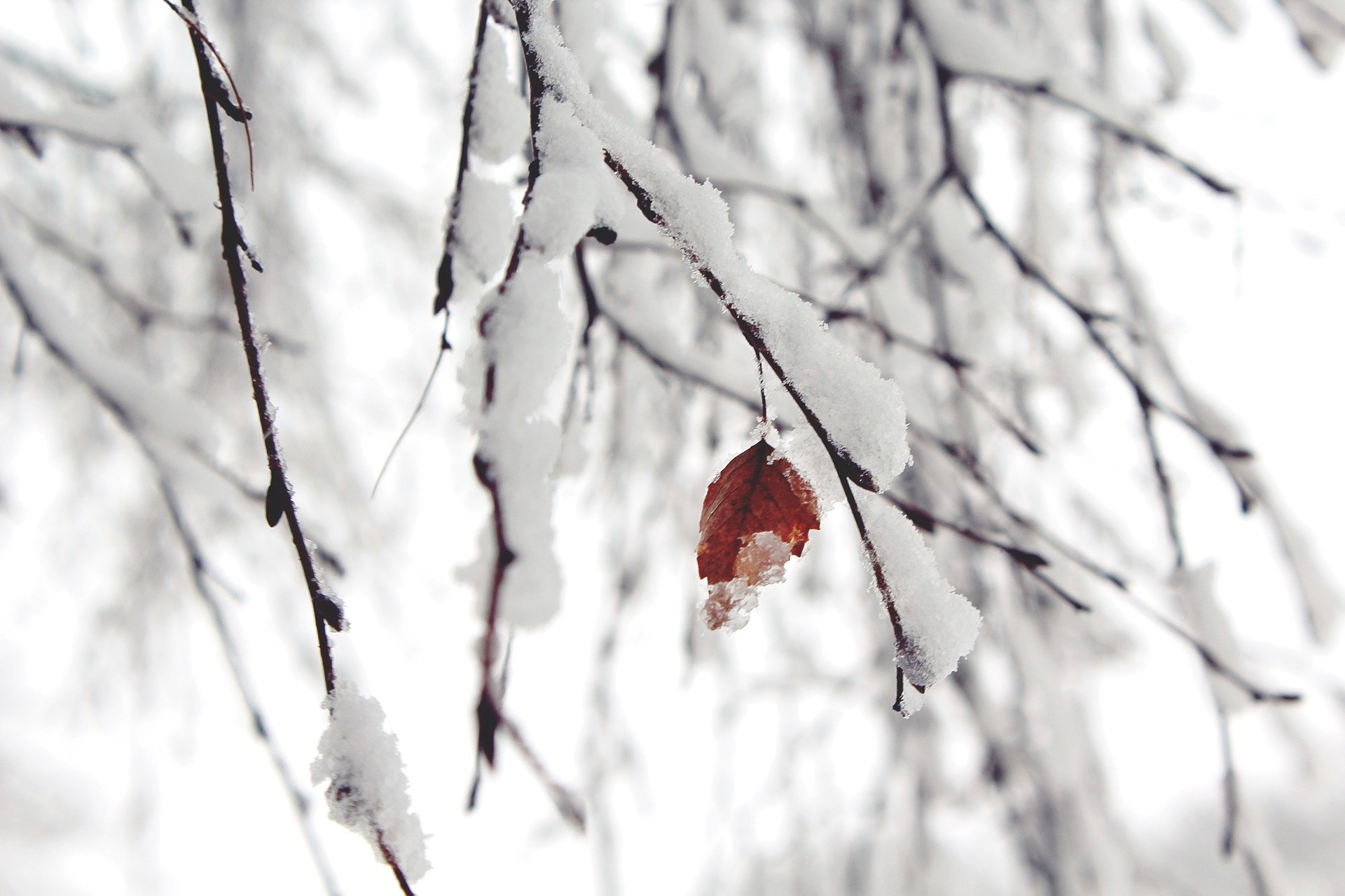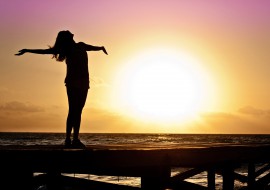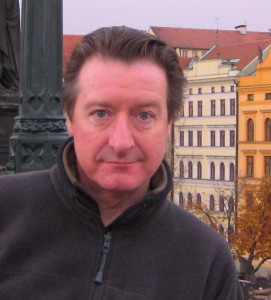
BBC 2’s Winterwatch and mindfulness: take notice!
“Who affirms that crystals are alive?/I affirm it, let who will deny:/Crystals are engendered, /wax and thrive,/Wane and wither; I have seen them die.
-From Snow by John Davidson
Like many folks in the U.K. I enjoy following the seasonal wildlife programmes on BBC 2 presented by Chris Packham and Michaela Strachan. Packham, of course, became famous in the 2009 Springwatch series when he slid a few references from the songs of David Bowie and The Smiths into the programme, but it is his decade old devotion to the wildlife of the Nation’s woods, fens and fells-and back gardens-that strike me as most remarkable. Packham and the programme really make me take notice of the wildlife right outside my doors.
Of course, Chris Packham is also known for his courage and openness around his mental health, being, as he is, a person who was bullied at school, has experienced severe depression with thoughts of suicide and has Asperger’s Syndrome[1].
Winterwatch late January 2019[2] contained an interview between Chris Packham and Joe Harkness, whose book Bird Therapy will be published in June 2019[3]. Around the subject of mental health and wellbeing, Packham called the book a “natural cure” whose activity-bird watching-heavily promotes mental and emotional wellbeing.
Joe and Chris stood and talked at the edge of a lake, counting ducks as they glided by. I was struck by these two courageous men, wholly open and yet balanced in their self-acceptance, discussing their shared experience of thinking about taking their own lives. Both had been dark places and in dark times, and when Joe remarked “I will extol the virtues of those undervalued and underrated birds” I couldn’t help wondering if he was subtly telling us to take notice of behaviour, thoughts and feelings we also might undervalue or underrate.
Joe talked about how he valued the notion of “start at the bottom” and perhaps it’s true, we need to take notice of the ground or foundation of all things to ensure we are well rooted into life; we’re so inclined to be top heavy with thinking, at times it’s a wonder we don’t fall over!
During his dark days Joe had received therapy from Mind[4] with input from some medication and mindfulness. He pointed out Mind’s 5 Ways to Wellbeing Programme: connect, be active, take notice, learn and give and then talked about the birds, and flocks of birds having “freedom and fluidity” in their flight.
Reflecting on this, I was struck by how much of this intersects with my own experience, work and practice in mindfulness with the Mindfulness Association[5] and mindfulness in general.
Take notice. There is so much around us that we often don’t take notice of: at this time in late January the soft flakes of snow silently fall on my back lawn, a tiny robin, red breasted in anger pecks and dances; two collar doves court in the frost, tiny droplets of ice cling to the tangled and leafless branches of clematis as the day further breaks open. In my own back garden, in your park or through our windows we can take notice of another life, a life of nature. Being with nature is much like being with the natural rhythm and movements of the Earth; being with nature is being with a body vast and yet inexplicably personal in nature, for in taking notice of the outer we can also turn inwards, noticing the inner nature of our bodies, our breath and the feeling of our being.
In this spaciousness our thoughts, feelings and concepts can have the same freedom and fluidity of birds in flight, and live in this spaciousness itself, which is so often underrated and undervalued by our craving to do and be distracted.
Joe and Chris could be right: rest at the edge of your own lakeside and take notice, perhaps count, and mindfully observe what passes in the current, being present and being presence itself. As the popular Buddhist teacher and nun, Pema Chödrön says: “If your mind is expansive and unfettered, you will find yourself in a more accommodating world, a place that’s endlessly interesting and alive. That quality isn’t inherent in the place but in your state of mind.”[6]
Take notice: you owe it to your own wellbeing.
[1] https://en.wikipedia.org/wiki/Chris_Packham
[2] https://www.bbc.co.uk/iplayer/episode/b0c1wf97/winterwatch-series-7-episode-2
[3] https://www.amazon.co.uk/Bird-Therapy-Joe-Harkness/dp/1783527722/ref=sr_1_1?ie=UTF8&qid=1549098534&sr=8-1&keywords=bird+therapy+joe+harkness
[4] https://www.mind.org.uk/workplace/mental-health-at-work/taking-care-of-yourself/five-ways-to-wellbeing/
[5] http://www.mindfulnessassociation.net/
[6]Pema Chödrön Living Beautifully with Uncertainty and Change





Write a Comment